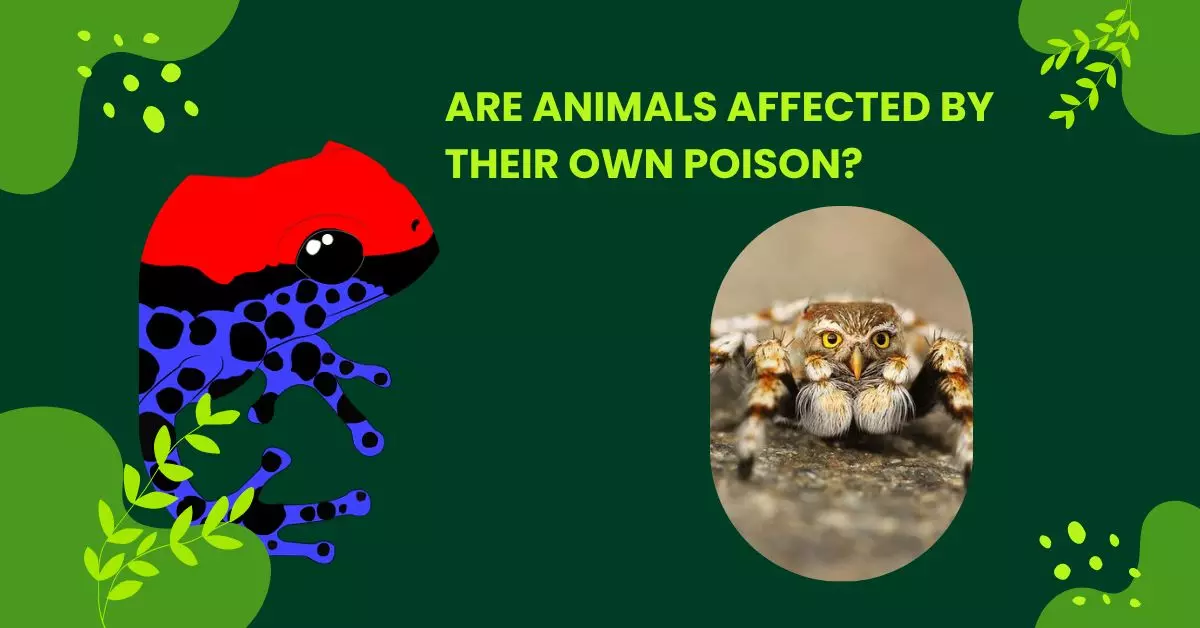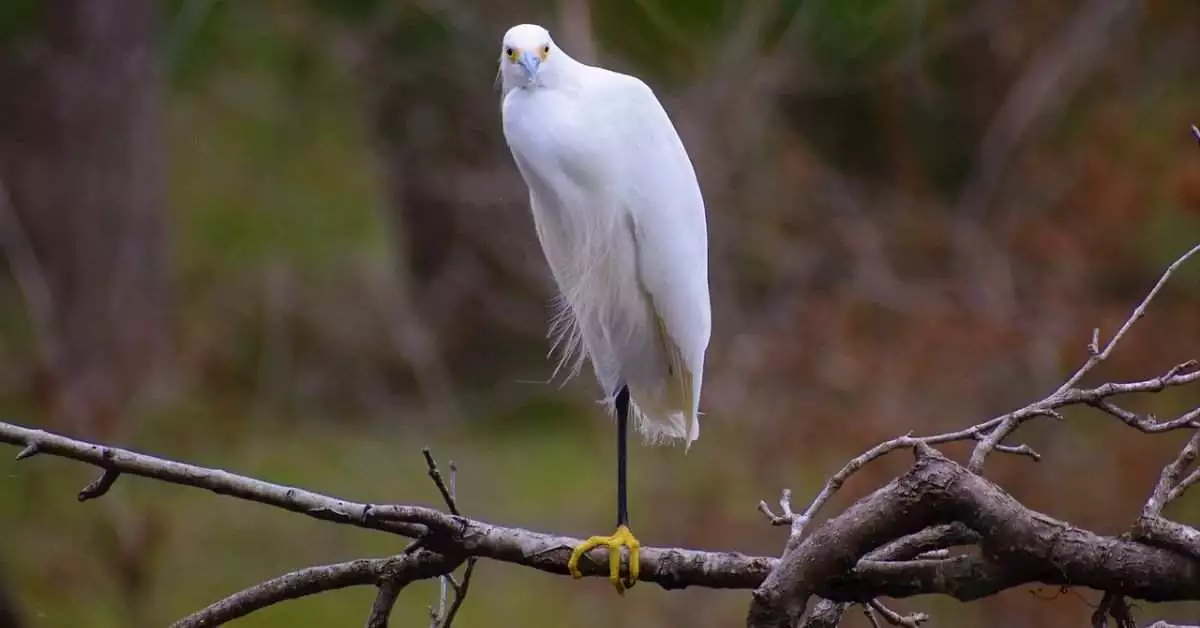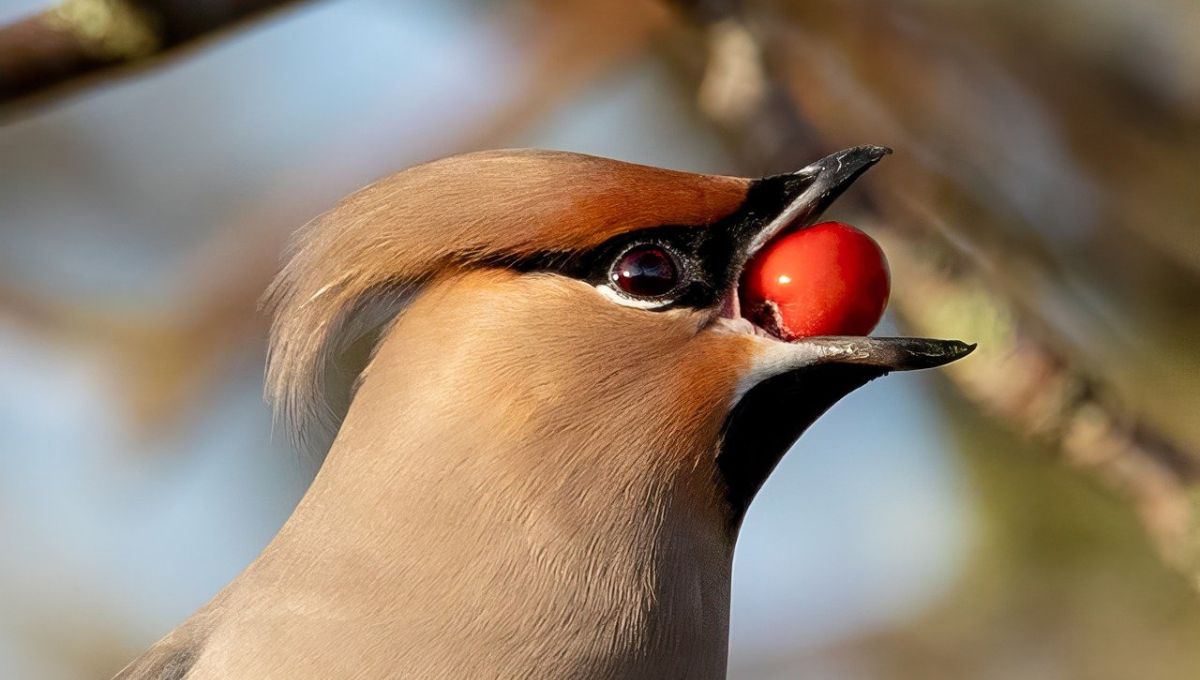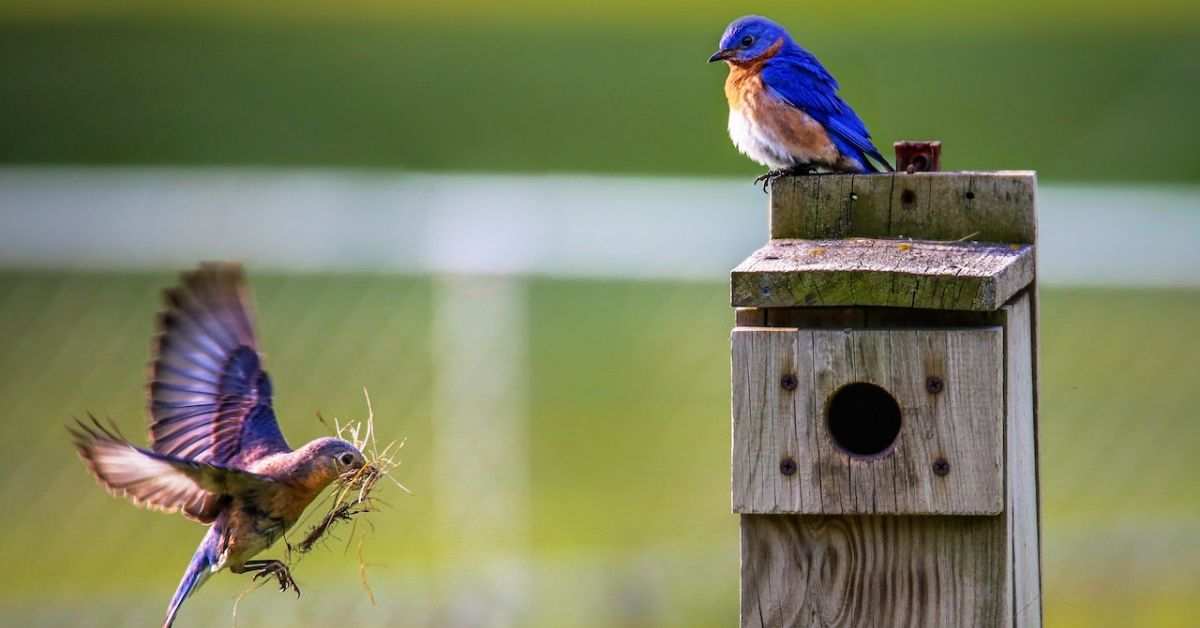Are animals affected by their own poison? In this article, we will find out the correct answer. Just touching a Pitohui’s feather is enough to make your hand feel like it’s on fire.
But eat batrachotoxin, abbreviated as BTX, and the poison stops your sodium channels from working, causing paralysis and even death.
Scientists believe that the Pitohui does not make its own toxins, but acquires them from its tiny insect prey. A similar mechanism is suspected in Central and South American poison dart frogs, which also carry BTX in their brightly colored skin.
Read More: Interesting facts about white fox
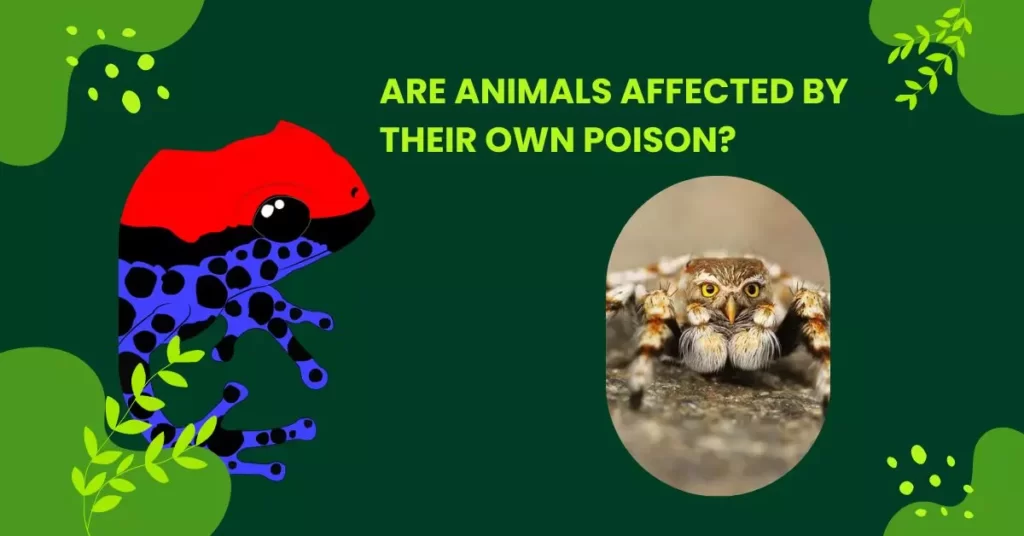
All this leads to an intriguing question—
How do venomous animals like pitohui protect themselves from being poisoned?
For decades, the best theory has been that birds and frogs have evolved specially adapted sodium channels — a part of the body that is necessary for nerves, brain cells and muscle cells to function properly — that are resistant to BTX. After all, some such animals. There are examples that eliminate toxins in this manner, such as the Egyptian mongoose that can survive cobra venom.
Read More: World’s all country’s national animal names
In the lab, Minor and colleagues recreated the genes responsible for pitohui and poison frog sodium channels and placed them in living cells of different species exposed to BTX.
These cells succumbed to the toxin, suggesting that sodium channels in poisoned animals are not resistant to BTX. However, when they injected different species of live frogs with BTX, only the poison frogs survived.
His leading theory is a sponge protein, which he had previously identified. In 2019, Miner’s lab found a toxin sponge that makes bullfrogs immune to another powerful toxin called saxitoxin. Although he has yet to find anything similar in pitohui or poison frogs, it’s definitely a goal, he says.
Rebecca Tarvin, an evolutionary biologist at the University of California, Berkeley, who has studied how poison frogs tolerate another neurotoxin called epibatidine, was impressed by the results.
Read More: Why Do Male Gorillas Beat Their Chests?
Studying toxins could lead to medical breakthroughs
Although remote island birds and rainforest frogs may seem like niche subjects to study, uncovering their biological magic may have applications for humans everywhere.
